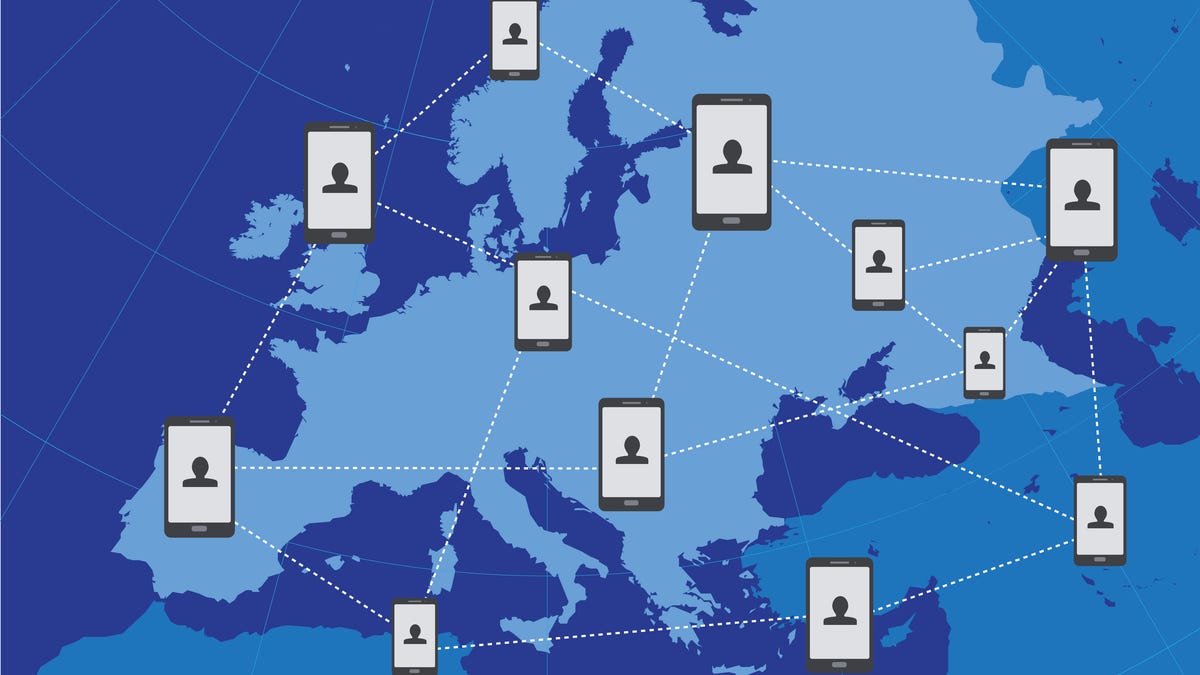EU's proposed Article 13 could threaten the internet, memes
The proposed law, which requires large platforms like Facebook and Reddit to scan content for stolen material, has sparked concern.

A new EU law could bring big changes to the internet.
The European Parliament will vote Wednesday on legislation that some argue could change the internet as we know it.
The proposed law, Article 13, would require large platforms like Facebook and Reddit to scan content before it's posted online and take down material they think could be stolen.
That means memes, which often use pictures that are subject to copyright, could be targeted, the Independent reports.
The EU's proposed Article 13 could put an end to memes. Is this the Internet we want? Learn more: https://t.co/8dVUzwDDBT
— OpenMedia (@OpenMediaOrg) June 15, 2018
And CONTACT YOUR MEPs NOW to #SaveYourInternet: https://t.co/LOgemo8Bh4 #fixcopyright pic.twitter.com/FlrJ1qmWyM
In an open letter to the president of the European Parliament, tech experts and prominent figures -- including World Wide Web inventor Tim Berners-Lee and Wikipedia founder Jimmy Wales -- said Article 13 presented an "imminent threat" to the future of the internet.
"By requiring Internet platforms to perform automatic filtering all of the content that their users upload, Article 13 takes an unprecedented step towards the transformation of the Internet from an open platform for sharing and innovation, into a tool for the automated surveillance and control of its users," the letter states.
Authors of the letter also wrote that they doubt the legality of Article 13, saying it goes against the European Charter of Fundamental Rights.
David Kaye, a UN Special Rapporteur on freedom of opinion and expression also published a letter online, which outlined his concern that Article 13 would lead to censorship.
A spokesperson for the European Parliament didn't immediately respond to a request for comment.
Blockchain Decoded: CNET looks at the tech powering bitcoin -- and soon, too, a myriad services that will change your life.
CNET Magazine: Check out a sample of the stories in CNET's newsstand edition.

